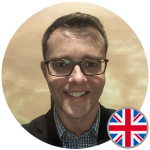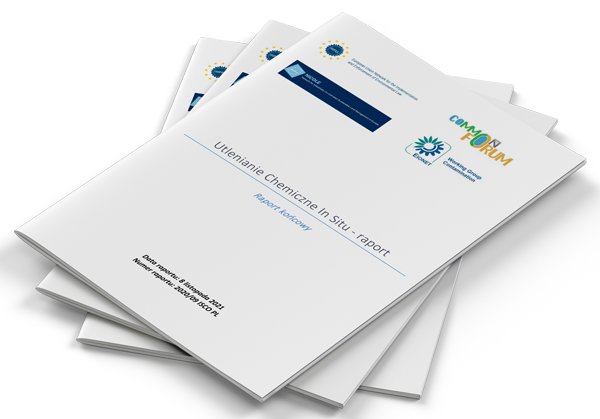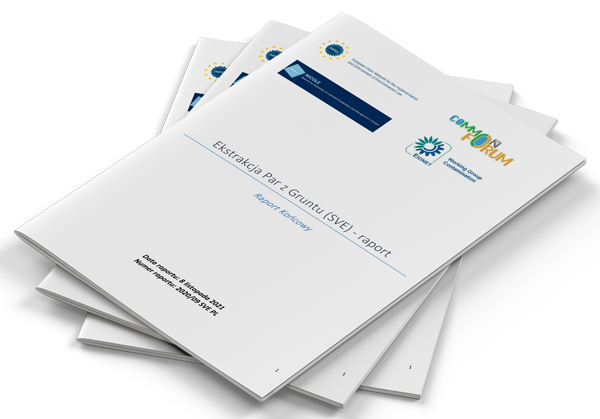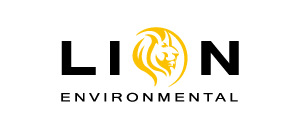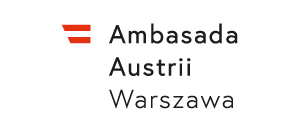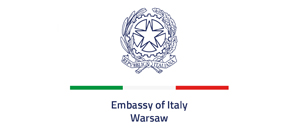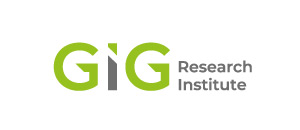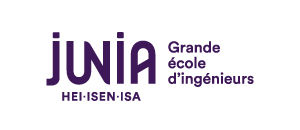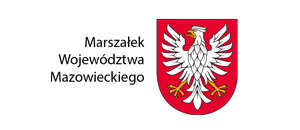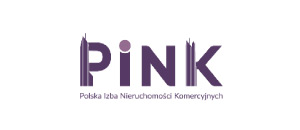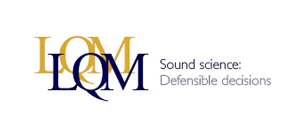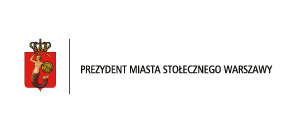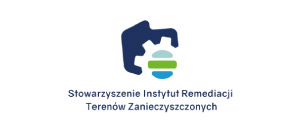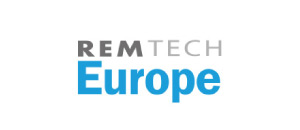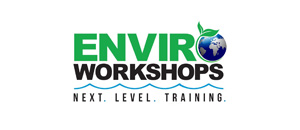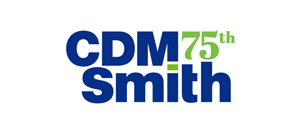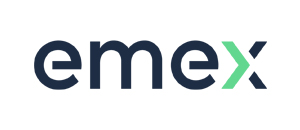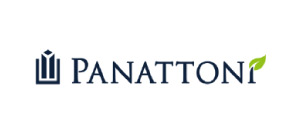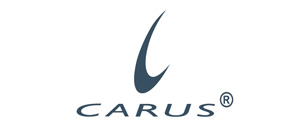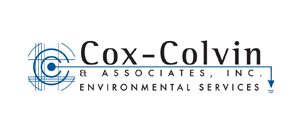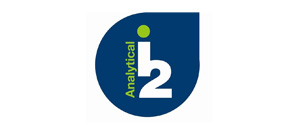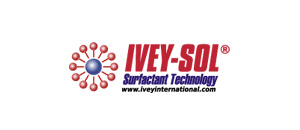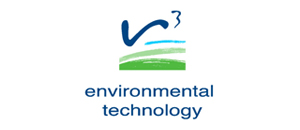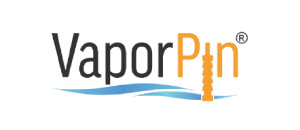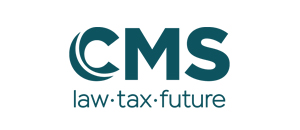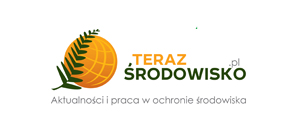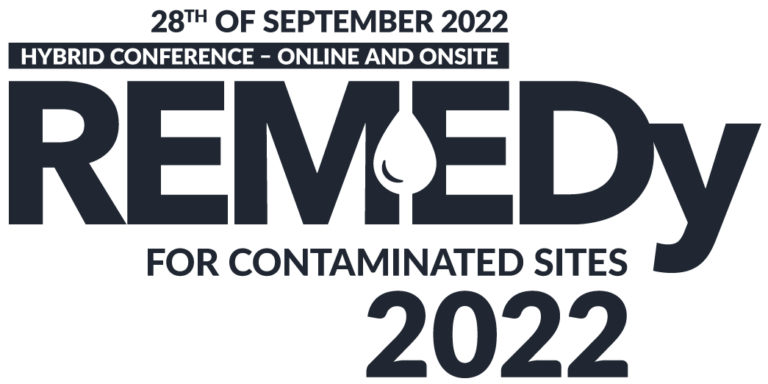
REPORT 2022
Journey towards Net Zero in the environmental remediation industry
The 5th edition of the REMEDy Conference for the Remediation of Contaminated Sites is behind us. The environmental remediation industry demonstrates that in practice the slogan of sustainability is not only inscribed into strategy documents but is also actually being carried out with the aim of improving the welfare of the planet, net zero carbon emissions and accountability for the environment as a whole and for the communities we live in.
“May you live in interesting times”, is a Chinese proverb that can be seen as inspiration or as a curse. Many external factors – geopolitical, economic, and especially environmental give this proverb additional meaning. The world and policymakers in it are being awoken from their comfortable naps, and those still sleeping are being shocked by a bucket of cold water dumped on their heads with all the changes happening.
The global agenda is being increasingly driven by the need to act and to take responsibility. Action has been missing in the last decades and while we are progressing we have to answer for exploiting the environment without concerns for the future. But can we remediate these destructive impacts from the effects of human activity? The environmental remediation industry has been trying so for years. Deteriorated brownfields, poisoned groundwater, surface waters contaminated by dangerous substances in the environment, from heavy metals, arsenic, pesticides, and other industrial chemical are our infamous legacy. This is us, the cost of our human activities. We need to address the impacts from living in buildings erected by irresponsible developers on contaminated land, for example. Remediation of contaminants is both energy and resource intensive. Already by 2017, the ISO 18504:2017 Soil quality – Sustainable Remediation standards, have set guidelines for the remediation industry. This document was created by an international team led by Professor Paul Nathanail, who was the guest of honor at this year's REMEDy conference.
Increasingly with public support, remediation specialists feel the great moral calling to complete projects with successful outcomes. In Poland environmental projects are being evaluated for negative environmental impacts as well. The biggest challenges being faced is legislation shortcomings, obstacles from local decision-makers, and a lack of funding. But these are tasks that need to be openly discussed and lobbied for, and we must share our concerns, challenges, and successes with the whole environmental community. REMEDy, the industry's largest conference (of its type in Poland) and is supposed to serve just such a role. The conference is always held on the last Wednesday in September where it takes up this challenge and difficulties addressing contaminated land and water pollution. The exchange of ideas about remediation projects is the search for solutions, an ongoing process throughout the year that gets to be highlighted at this annual conference.
The responsibility never ends
This year’s REMEDy conference is representative of the times. The central topic of year’s meeting is the timely topic of sustainability. The remediation industry carries a double burden of responsibility here, first its activities are required to restore land and groundwater to acceptable levels, and it bears a further responsibility to a broader social need as well; a repayment of a debt to the planet, caring for those that inhabit it.
Secondly, the projects themselves need to be responsible, from the methodologies applied, the impacts from materials used and from measurable impacts from the value chain leading to remediation effort taken.
In this respect, remediation is no different from any other sustainability perspective found from operations at a construction site, or even operations at a factory, mining operation or even services performed at a bank. Any organization's responsibility extends well beyond its assets and must include those to stakeholders, value chains, employees, and the community; all are important.
The responsibility for sustainability is here to stay, it is a continuous process that is to achieve the goal for least impact on our planet. The current energy and economic crisis mean struggles to find solutions for that generate less carbon and use less energy. André Chiaradia, Lion Environmental’s senior consultant spoke about: "The cost of energy is an important factor when considering options when seeking sustainable solutions for environmental projects. Whether we are investigating pollution levels or conducting feasibility studies, energy consumption should always be part of the equation."
Global challenge, global opportunities
"The debate about sustainable remediation continues" - said Sebastian Stachowski, CEO of Lion Environmental, the independent Polish ESG consulting company that is the main organizer of the REMEDy conference. "Although in other countries in the region such projects are being implemented all the time, as in the Czech Republic, there is an awareness of the environmental bombs in Poland, this still does not yet translate into a better reality. Remediation projects are not coming, and in terms of ESG, it's really a debate that is being put off, we can't lag behind, we have to speed up. I hope that there will be funds (available) for larger projects. We have experienced and competent people, we have proven technologies that work successfully in other countries, and we are ready. I hope that in Poland there will be similar solutions to those seen for example in Italy, there they look at the sustainability of a remediation project before approving it."
Prof. Paul Nathanail, Land Quality Management Ltd & Chair SiLC Register Ltd focused on environmental pollution that is an even bigger problem today than global warming. Remediation, or rather the lack of it, is therefore becoming a global challenge rather than a problem for a specific region or country. According to him, it is important to optimize the environmental value of the remediation work carried out and to strive for sustainability. It is important to properly manage risks that are not acceptable and keeping the idea of sustainability in mind.
More and more good practices in responsible remediation are emerging. Companies are looking for new solutions, combining several technologies, and seeking more responsible methods. Lorenzo Sachetti, Carus Europe: "In the 1990s, a technology was taken and applied until it ended with the effect. Without looking at the environmental costs. Today, solutions are chosen that are based on several activities, such as vapor extraction from soils combined with in-situ chemical oxidation (ISCO)". It is worth mentioning that guidelines for the implementation of these technologies have been published by IMPEL (European Union Network for the Implementation and Enforcement of Environmental Law) and have been translated into Polish (Polish versions available at https://www.remedysummit.com/remedy-2022-konferencja/).
Another example is water treatment through phytoremediation techniques. "It used to be only talked about but today phytoremediation has arrived. It's cleaner, cheaper, and greener" - enumerated Randy Mott from Phytoremedia Ltd. Plants can pull contaminants out of land and groundwater. Such a project is under consideration in Jaworzno for a post-mining area.
Complete the chain
There are many more examples (of sustainable remediation). Methods may differ but their aim is the same. It is important to continue to pursue these goals and to plan and (use ) the right resources. Legislation addressing this issue is beginning to mature, even force organizations to changes. Such legal pushes will change the market landscape. Starting in January 2023, ESG (Environmental, Social, Corporate Governance) reporting will become mandatory across the European Union. Large companies and listed entities will be called on first to report. In the following years, non-financial reporting will be submitted by smaller companies, eventually ESG reporting will become a matter of course for all commercial companies. How will ESG affect the remediation industry? REMEDy participants agreed that this is a major opportunity for the entire industry.
André Chiaradia stated that legislation must coexist with awareness. Companies need to understand the impact of their operations on the environment. "One should wonder what materials are being used in the remediation effort, so that certain non-essential materials can be removed from a project, or if possible, find other carbon saving measures. For example how employees commuting to a project, are there opportunities where these emissions can be reduced. There are many places to seek improvements. Throughout a company's value chain, one should look for reductions" - he noted. And these actions must happen now. The planetary clock is ticking. He recounted a recent statement by Al Gore who said, “The sustainable revolution is as big as the industrial revolution, but is happening at the speed as the digital revolution.” - we just don't have more time! – he added.
And there are lots of changes on the way. This was discussed by Monika Partyka, director of R&D at i2 Analytical Limited Ltd. Poland branch. She spoke about green chemistry in laboratory work, a concept for reducing use of harmful substances in the laboratory analysis processes. "You can't talk about ecology without paying attention to what is happening in the laboratory space. We need to talk about using solvent-free techniques as much as possible. The aspect of transferring and transporting soil samples to the laboratory is also important. The smallest possible sample transfer effort and the more we can transport at once makes for smaller carbon footprints. Every action has to be considered," she pointed out. "We need to invest time and energy in activities that lead to the avoidance of negative environmental effects, we don’t want to make the future worse. We have to consider the next generations to come after us, we can't be selfish" - she added.
Hope in legislation
Legislative actions are welcomed with anticipation by the environmental remediation industry.
Sebastian Stachowski, starting the conference mentioning that a proper understanding of sustainable development and appropriate actions in industry is needed. As an example, he pointed out that ex-situ soil remediation methods have until now been very popular in Poland. Exported contaminated land often disappears from sight, out of sight, out of mind. Although the problems are not solved. However, there is a legislative light at the end of this tunnel.
Agnieszka Skorupińska, a partner at CMS Cameron McKenna Nabarro Olswang Pośniak and Bejm Sp. k. law firm, noted that most terms used in (sustainable) remediation, and the terms used for legislation, come from the European Green Deal. Zero Pollution and the Soil Conservation Strategy 2030 are key documents. This is not only about soil, but shows direction of increased efforts to identify, assess and remediate land. It envisions concrete actions - an European priority that list of soil contamination its risks that is to be created later this year. There is also a pathway for sustainable, safe, and closed-loop use of excavated soils that is to be developed by 2024. "The goal is to achieve good soil health by 2050. The idea is to treat soil like air and needs stronger protection" - Agnieszka Skorupinska pointed out. In practice, this will mean the creation of a closed-loop economy – contaminated soil will not be exported and stored but will be immediately restored and reuse, the guidance being developed to make clear how this process is to be done.
Legislation, including ESG reporting, will be required to meet compliance, but also creates an opportunity for business. Representative of Lion Environmental pointed to prospects for funding in the development of properties such as brownfield development and the building of new housing. "For property development ESG is not only about mitigating environmental impacts, but a possibility of obtaining green financing. Investors considering ESG scores will be used when deciding invests in products and company capital projects". Remediation should therefore be embedded in an ESG-compliant value chain. As this expert pointed out, many post-industrial areas that are being remediated are raising funds from local governments. But in many cases, applying for remediation grants has no chance of success. Green funding therefore is a possible solution to meet sustainability goals.
The ultimate beneficiary
From an ESG point of view of remediation, projects not only have environmental impacts that are important, but also impacts on the greater whole of society.
This position was confirmed by Grzegorz Gzyl, an expert with the Central Mining Institute, during his speech on sustainable technologies for treating contaminated water with persistent organic pollutants. In a pilot project at a former pesticide factory in Jaworzno, chlorinated compounds contaminated water. "Sustainable remediation must include the risk management values and stakeholder value,” he said.
But how to measure sustainability? This is the question that all companies are asking, how will companies start filing ESG reports starting next year. Daniel Gribbin, COO and Head of Sustainability & ESG, for EMEX Software pointed out that a major challenge for the remediation industry is to control the source of company activity data. "When we start measuring carbon footprint, we should ask ourselves about business - do we know and how much do we know about our subcontractors, suppliers? There are many more of these questions - maybe some operations are located in developing countries? You need to have insight into the carbon footprint along the entire value chain" - he enumerated. "90% of the carbon footprint is electricity, fuels, but also travel. You also have to take into account waste generation. Where do we get this data from?" - he wondered. Organization where the expert works has created a platform that measures all these parameters, collecting real-time information on CO2 emissions, measuring international standards, alignment with legislation, etc. This is what the future of the entire market will look like - transparent, measurable, with no space for environmental understatement. Whoever adapts to the new reality faster will achieve not only zero-carbon, but also other benefits, such as increase competitiveness in the global market. And the ultimate beneficiaries will be all of us. And the planet.
VOD ZONE
AMBASADOR
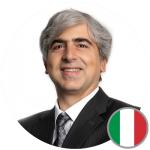
Marco Falconi
Italian National Institute for Environmental Protection and Research
degree in environmental sciences and geology. He has held a number of teaching positions with universities and private training companies and has diverse experience as a collaborator on projects of the U.S. Environmental Protection Agency, European Environment Agency, and EuroGeoSurveys.
KEYNOTE SPEAKERS
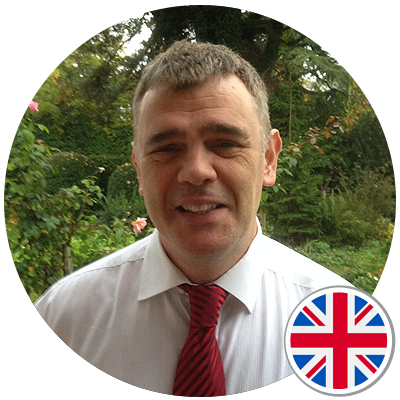
Paul Bardos
Director r3 environmental technology ltd / DOW-COP QP
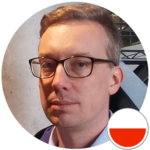
Grzegorz Gzyl
Assistant Professor / Project Coordinator, GIG
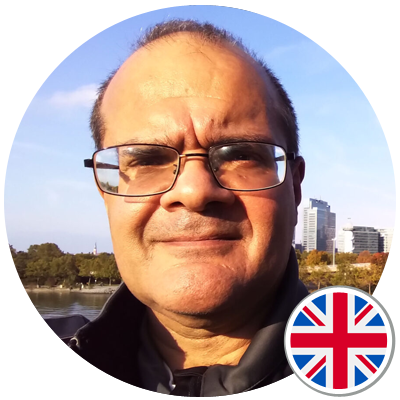
Paul Nathanail
Director Land Quality Management Ltd & Chair SiLC Register Ltd
SPEAKERS
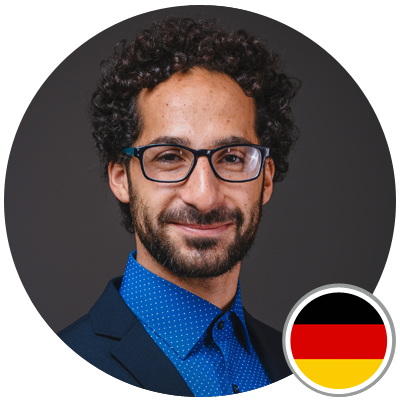
Dr. Sami Al Najem
Dipl.-Geol. Environmental Scientist, Project Engineer, CDM Smith
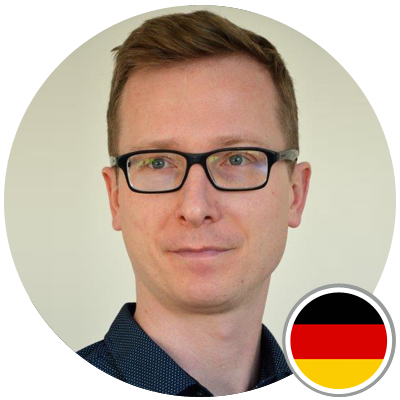
Dr. Sven Arnold
MS Geoecology, University of Technology Bergakademie Freiberg, Germany, Dr. rer nat. , Friedrich-Schiller-University Jena, Germany, UQ Postdoctoral Research Fellow, University of Queensland, Brisbane, Australia Member, Association for Geoecology in Germany, Member, Engineers Without Borders, Germany, CDM Smith
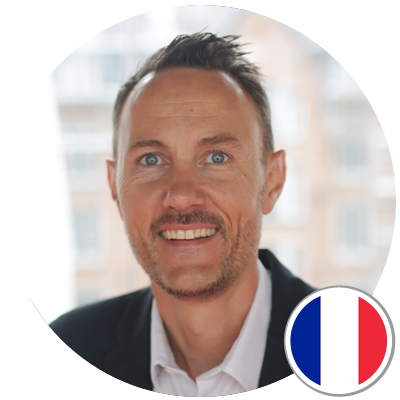
Julien Castellin
Senior Academic advisor – Master of Science and Engineering in Environmental Science – Specialization in Sustainable Management of pollution, Junia ISA Lille
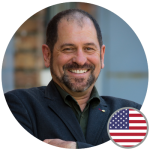
André Chiaradia
Senior Consultant,
Lion Environmental
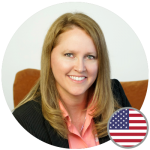
Laurie A. Chilcote
Office Manager - Director of Sales Marketing / Director & Vice President
Cox-Colvin & Associates, Inc. / Vapor Pin Enterprises, Inc. & Vapor Pin Do Brasil
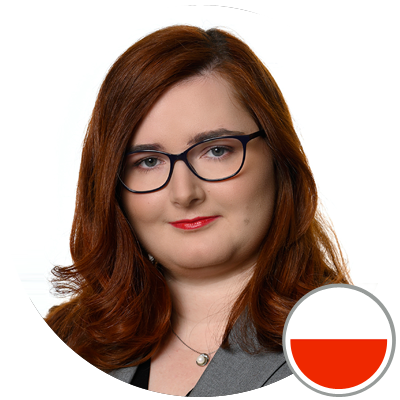
Klaudia Cholewa
Advocate, associate in the Environmental Law Practice, CMS
She specialises in environmental protection law. She has prepared legal opinions on waste management, emission permits and environmental decisions. Klaudia has also taken part in numerous Polish and international scientific conferences on this subject. She has given opinions on, and prepared agreements related to investment processes.
Klaudia also specialises in civil law litigation. She has provided legal advice in court proceedings to one of the leading Polish insurers. She has also conducted court cases both in commercial matters and for individual clients.
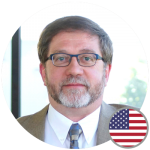
Craig A. Cox, CPG
President/Principal Scientist, Cox-Colvin & Associates, Inc.

Marco Falconi
Italian National Institute for Environmental Protection and Research
degree in environmental sciences and geology. He has held a number of teaching positions with universities and private training companies and has diverse experience as a collaborator on projects of the U.S. Environmental Protection Agency, European Environment Agency, and EuroGeoSurveys.
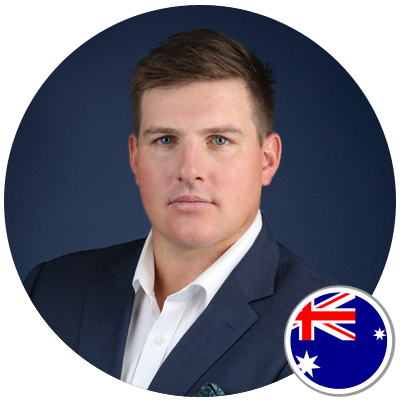
Daniel Gribbin
COO and Head of Sustainability & ESG, EMEX Software
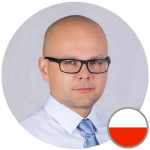
Rafał Hałabura
President Association of the Contaminated Areas Remediation Institute
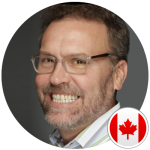
George (Bud) Ivey
B.Sc., CES, CESA, P.Chem, EP, President and Senior Remediation Specialist, Ivey International Inc.
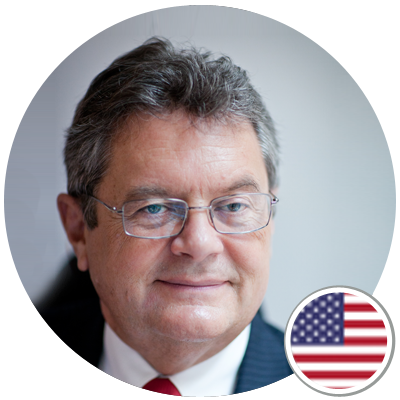
Randy Mott
President, Phytoremedia Sp. z o.o
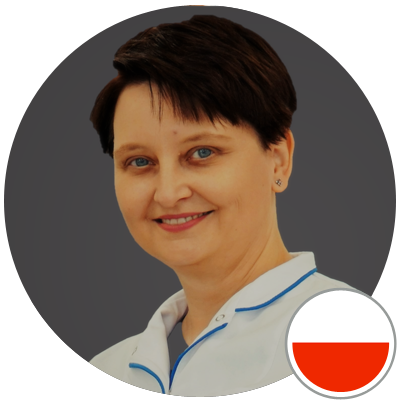
Monika Partyka, PhD
R&D Director, i2 Analytical Limited Sp. z o.o. Oddział w Polsce
In his professional work, he emphasizes that determination in pursuing goals, innovation, creativity and critical thinking as well as continuous improvement of competences are necessary.

Agnieszka Skorupińska
Partner, Head of the Environmental Law Practice, Coordinator of ESG Team, CEE and Poland, CMS
Agnieszka’s experience includes projects concerning: historical soil and groundwater contamination; environmental damage; baseline reports; environmental impact assessments; air protection, including adjustment to emission standards specified in IED and BAT conclusions, and obtaining derogations and departures from such standards; climate change including issues related to CO₂ emissions (EU ETS); and obtaining environmental permits, including integrated permits, waste and water management, noise and REACH.
As an advisor she has successfully represented companies from the energy, chemical, construction, waste management, FMCG, water supply and sewerage, renewable energy sources, mining, automobile, clothing and food sectors.
She coordinates work of the ESG Team at CMS in Poland and CEE.
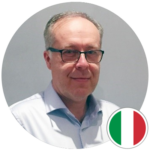
Lorenzo Sacchetti
Director Remediation Technolgies, Europe, Middle East and Africa at Carus Europe
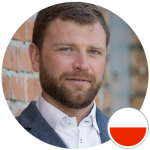
Sebastian Stachowski
Managing director, Lion Environmental
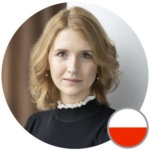
Dr Katarzyna Barańska
Radca prawny, Partner, Szef Praktyki Infrastruktura i Środowisko, Kochański & Partners
Posiada bogate doświadczenie w zakresie inwestycji w odnawialne źródła energii, obejmujące zarówno analizy typu due diligence, jak i doradztwo transakcyjne oraz reprezentowanie klientów przed organami administracji publicznej. Doradzała w zakresie budowy i rozbudowy farm wiatrowych, fotowoltaicznych i elektrowni wodnych. Ponadto realizowała projekty związane z budową infrastruktury pod wydobycie kopalin.

Joaquim Halen
Customer Success Manager Haemers Technologies
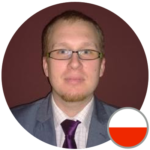
Paweł Kot
Business Development Manager, i2 Analytical
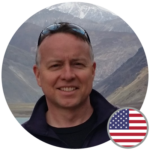
Harry O’Neill
Prezes Beacon Environmental
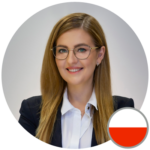
Sylwia Janiszewska
Kierownik działu Remediacji, Remea sp. z o.o.
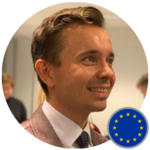
Piotr Wojda
Mianowany urzędnik naukowy Komisji Europejskiej, Komisja Europejska, Dyrekcja Generalna: Wspólnotowe Centrum Badawcze.
Piotr Wojda otrzymał tytuł doktora nauk inżynierskich z Uniwersytetu Liege w Belgii, magistra geologii z Uniwersytetu Warszawskiego i magistra ekonomii ze Szkoły Głównej Handlowej w Warszawie w Polsce.
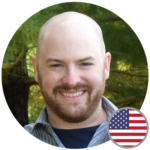
Brad Elkins
Dyrektor ds. Sprzedaży Technicznej, EOS Remediation

Travis Barnum
Koordynator ds. Terenów poprzemysłowych w stanie Arizona, Arizona Department of Environmental Quality
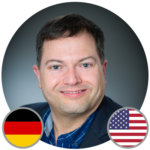
Brant A. Smith, P.E., Ph.D.
Technology Manager, PeroxyChem ©
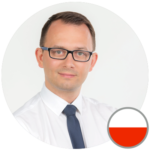
Radosław Piechal
Country Environmental Manager, Panattoni Development Europe sp. z o.o.
i biogazowni rolniczych, a także raportów oceny oddziaływania na środowisko, społeczeństwo
i zdrowie (ESHIA) oraz uzyskiwanie pozwoleń dla koncesji poszukiwawczych za gazem łupkowym w Polsce. Nadzorował remediacje oraz wykonywał audyty środowiskowe fazy I i II, compliance w Polsce, na Słowacji, w Rosji i na Ukrainie. Od 2018 roku Radosław pracuje w Panattoni Development Europe, a od 2021 jako Country Manager, nadzoruje proces due diligence, oceny środowiskowej terenu oraz koordynuje prace remediacyjne terenów zanieczyszczonych.
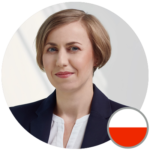
Ewa Szczebak
Starszy Specjalista ds. Środowiskowych, Arcadis Sp. z o.o.
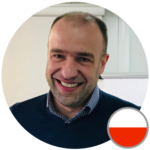
Przemysław Wyskocki
Inżynier budowlany/Asystent projektanta, REMEA PL
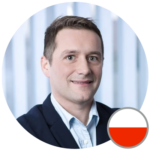
Piotr Surma
Dyrektor Kontaktu, Remea sp. z o.o.

Rafał Hałabura
Prezes Zarządu, Stowarzyszenie Instytut Remediacji Terenów Zanieczyszczonych
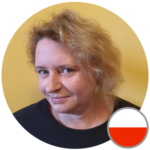
Dr n. biol. Anicenta Bubak
CENIA-EKSPERTYZY
Anicenta BUBAK jest doktorem nauk biologicznych o specjalności toksykologia środowiskowa. Główne obszary zainteresowań to zanieczyszczenia powietrza, wody, gleby; narażenie dzieci na metale ciężkie, ocean ryzyka zdrowotnego (HRA) i oceny oddziaływania na zdrowie w ramach ocen oddziaływania na środowisko (EHIA). Brała udział w opracowaniu narzędzi pomocnych w ocenach oddziaływaniu na zdrowie (HIA) przedsięwzięć planowanych na terenach rolniczych i miejskich. Jej zainteresowania skupiały się wokół włączenia procedury ocen oddziaływania na zdrowie do procesu podejmowania decyzji podnoszenia kwalifikacji uczestników procesu (projekt WHO: Efektywność Ocen Oddziaływania na Zdrowie). Była uczestnikiem następujących projektów międzynarodowych UE dotyczących narażenia dzieci na metale pochodzące z gleby (2-FUN), oceny ryzyka zdrowotnego powodowanego przez metale w glebie (I+DARTS), dotyczące zanieczyszczenia wód i wód gruntowych (FOKS), a także zmian klimatu w odniesieniu do zdrowia ludzi i ich samopoczucia: BRIDGE and PREPARED.
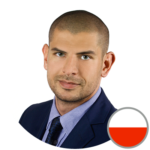
Dawid Jasiński
Geotechnik | Doradca projektowy,
Grupa Pietrucha
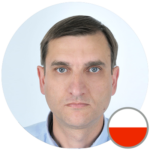
Wojciech Wołkowicz
Badacz, Państwowy Instytut Geologiczny – Państwowy Instytut Badawczy

André Chiaradia
Senior Consultant, Lion Environmental
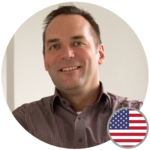
Craig Franzel
Senior Project Manager,CDM Smith
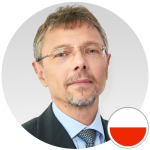
Piotr Kociołek
Environmental director Europe, Panattoni Europe
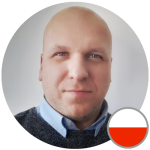
Slawomir Adamczyk
Head of Environmental Damage Prevention, Repair andInformation on the Environment and Environmental Management Department
Position: Head of Environmental Damage Prevention, Repair Department and Information on Environment and Environmental Management (since June 2012). Many years of experience in conducting, supervising proceedings and verification of documents in the field of environmental damage, historical pollution of the earth’s surface, waste management in closed areas, waste storage in a place not intended for this and providing information about the environment.
Previous professional experience: Katowice Geological Enterprise (mainly in geological engineering) Silesian Voivodship Office (environmental protection, groundwater protection)
Education: MA. In Geology (specialization in hydrogeology), University of Silesia in Katowice, Faculty of Earth Sciences in Sosnowiec; postgraduate studies in “Instruments and techniques of environmental management”, AGH University of Science and Technology in Krakow.

Craig A. Cox, CPG
President/Principal Scientist, Cox-Colvin & Associates, Inc.
In addition to his consulting activities, Mr. Cox provides lectures and poster presentations at numerous regional and international conferences on the topics of groundwater contaminant migration and remediation, source area evaluations, and the assessment of vapor intrusion migration pathways. Mr. Cox is the inventor of the Vapor Pin®, a sub-slab soil gas sampling device used worldwide, and is the primary architect of a variety of environmental database applications, including Data InspectorTM.
Mr. Cox received his B.S. and M.S. degrees in Geology and Mineralogy from The Ohio State University and a Professional Degree in Hydrogeology from the Colorado School of Mines. Mr. Cox is a Certified Professional under Ohio EPA’s Voluntary Action Program and a contributing author on reports concerning background metals concentrations in soils published by Ohio EPA. Mr. Cox is also a member of the ASTM Committee developing standards for the long-term monitoring of vapor mitigation systems.
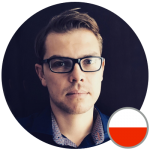
Piotr Bąbała
Contract Director, REMEA

Guido Ebert
Senior Business Development Manager,CDM Smith
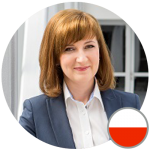
Aneta Chochorek
Managing Director at WESSLING Polska sp. z o.o
Associated with the company since 2008, where she began her career as a Laboratory Manager. She was responsible for the design, construction, implementation of the quality management system and management of the new WESSLING Polska environmental laboratory in Krakow. Since 2013, he has been working as the Managing Director, overseeing the work of environmental and food laboratories in Poland. Previously, she worked at the Laboratory of the Provincial Inspectorate for Environmental Protection in Krakow.
She has been associated with the environmental protection industry for over 20 years.
She is a graduate of the Faculty of Chemistry of the Jagiellonian University.
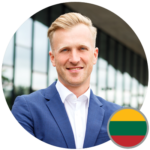
Martynas Paškevičius
Partner, ESSPO
